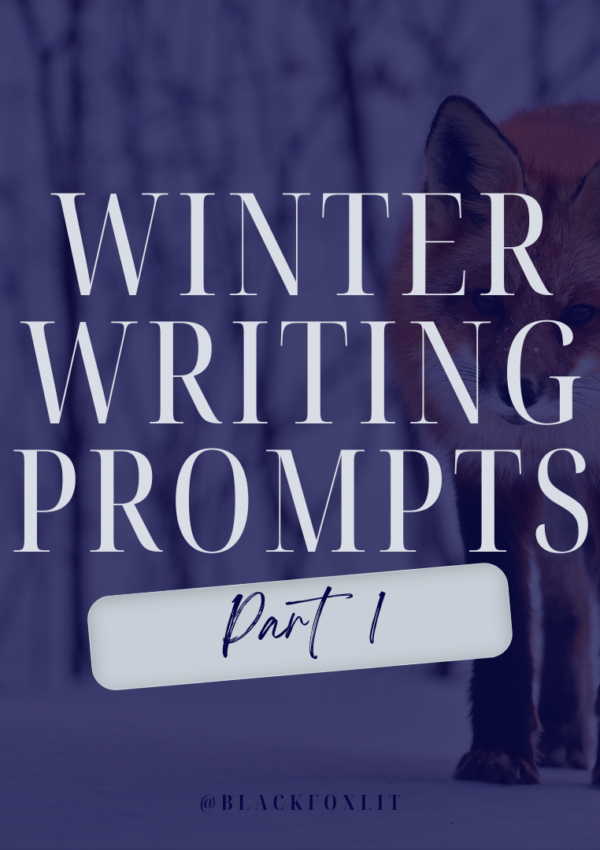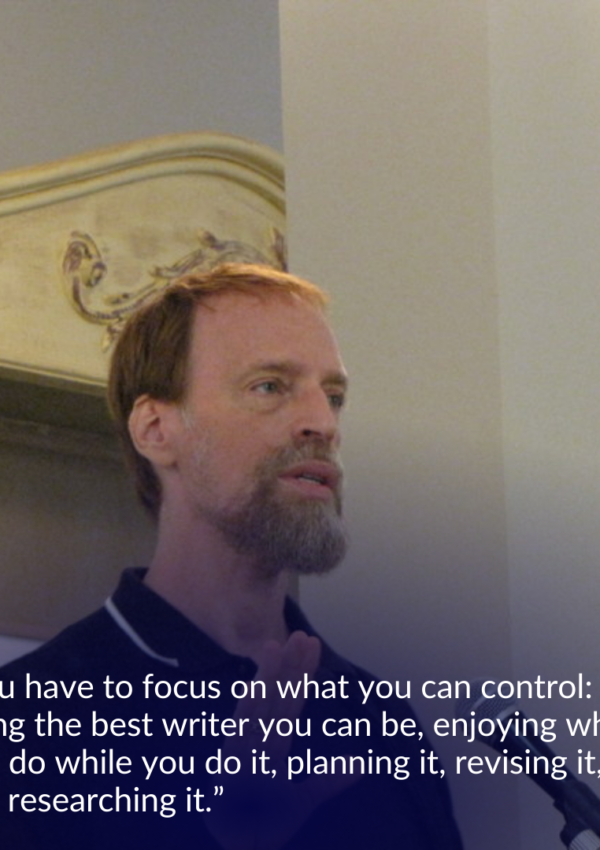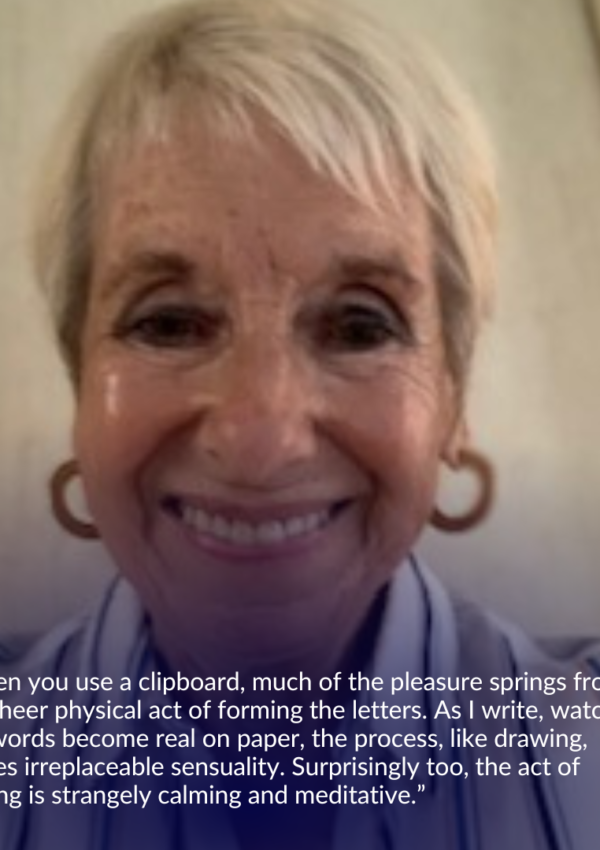Last time, I wrote about NaNoWriMo, the international endurance test for writers. What NaNoWriMo teaches me every year is that making time for writing every day makes that day vastly better. The word count is a little high, though. So this time I thought I’d share a little idea that I started practicing back in January this year, and that although I have slipped up a little along the way, it’s something that has improved my writing hugely.
That something is morning pages started as a journaling exercise, and the idea is to write three pages–which equates to roughly 750 words–before you do anything else in the morning. When this practice is used for journaling, it helps to put your thoughts in order and provides structure for the day ahead. When used for writing, in that beautiful morning time between sleep and waking, it can utilize your most creative brain time.
The exercise is fairly simple, but here are my pointers to keeping the momentum going every day.
1. Don’t wake up first.
By this I mean, don’t think about what you’re going to write, or plan it before you start. Just sit down and do it. Even if what you actually write will never get used in anything you work on, when you get down on paper different ideas, it can often help to keep your head clear for the project you’re working on.
2. Do it every day.
Even if you don’t write the full amount, write something every morning. There are a lot of mornings this year that I lost to the I’d-rather-sleep-for-ten-more-minutes feeling, and I wish I’d used them better.
3. Don’t judge.
The best thing about morning pages is that they are raw and un-edited. Go back to them if you like, and pick out ideas that you like, but do not amend the morning pages. Leave them as they are, exactly as they came out.
It’s a small amount of time every morning, but this is something that can really help. Make your mornings count.
Helen Dring is a fiction writer from Liverpool, England. She is studying for an MA in Creative Writing and is currently writing her first novel. She likes fairy tales, ghost stories and modern history.


